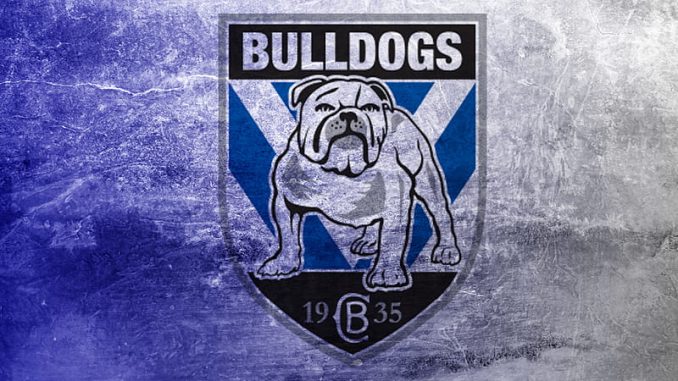
Former South Canterbury Sportsperson of the Year dies
A former South Canterbury Sportsperson of the Year, Jim Power, died aged 82 in Christchurch earlier this month.
A middle and long distance runner, Power took the title in 1968, a year in which he attempted unsuccessfully to make the New Zealand team to the 1968 Olympic Games in Mexico City.
After finishing second to Aucklander Rex Maddaford in the national 5000m, Power, self-coached and fitting his training around a full-time job, competed in Australia in a bid to break the required qualifying time for Mexico City.
He placed third in Melbourne over 5000m behind multiple world record holder, Ron Clarke of Australia, and Maddaford. Clarke and Maddaford were subsequently picked to race at what were called the “High Altitude Olympics” in Mexico City.
During that same season, Power, a member of the South Canterbury Amateur Athletics Club and Timaru Harrier Club, won Canterbury titles over one mile and three miles on the track, and 10 miles on the road. He also finished second behind Ron Clarke over a mile in Christchurch, ahead of a young Dick Tayler, later the 1974 Commonwealth Games 10,000m champion.
“I didn’t think I had a show after being nominated,” Power told the Timaru Herald in 2016 of the sportsperson award. “I can’t even remember what I won it for exactly.”
Power was the second winner of the award, being presented with the prize by the inaugural winner, New Zealand cricketer, John Ward.
Power grew up on a farm outside Rangiora, and attended St Bede’s College in Christchurch, where he showed early promise as a runner, winning the New Zealand junior two miles and placing second over one mile on the same day.

The early promise was not realised due to health and injury problems. The 1960s were also a highly competitive era for New Zealand middle and long distance running, when the country’s runners were among the best in the world and the Olympics Games strictly amateur.
A shift to Timaru, where he worked as a rural valuer, coincided with a lift in Power’s fortunes, and his subsequent bid to make the 1968 Olympic Games.
Two years later, in 1970, he won his one and only New Zealand title over 5000m at a waterlogged Mt Smart Stadium track in Auckland and looked a contender for the New Zealand team to attend the Commonwealth Games in Edinburgh later in the year.
He beat Dick Tayler over 5000m in a special invitation race in Dunedin, but was outside the qualifying time for the games. Again, he ventured to Australia to try to break the qualifying standard and this time accompanied by Tayler. However, as happened two years before, Power, then the reigning national champion, did not succeed. Tayler was picked in the team for Edinburgh. Power was considered unlucky not to have represented New Zealand at international level.
Married, and with a young family in 1970, Power retired from top level competition, although he kept racing into his 40s after a shift to Dunedin.

Leave a Reply